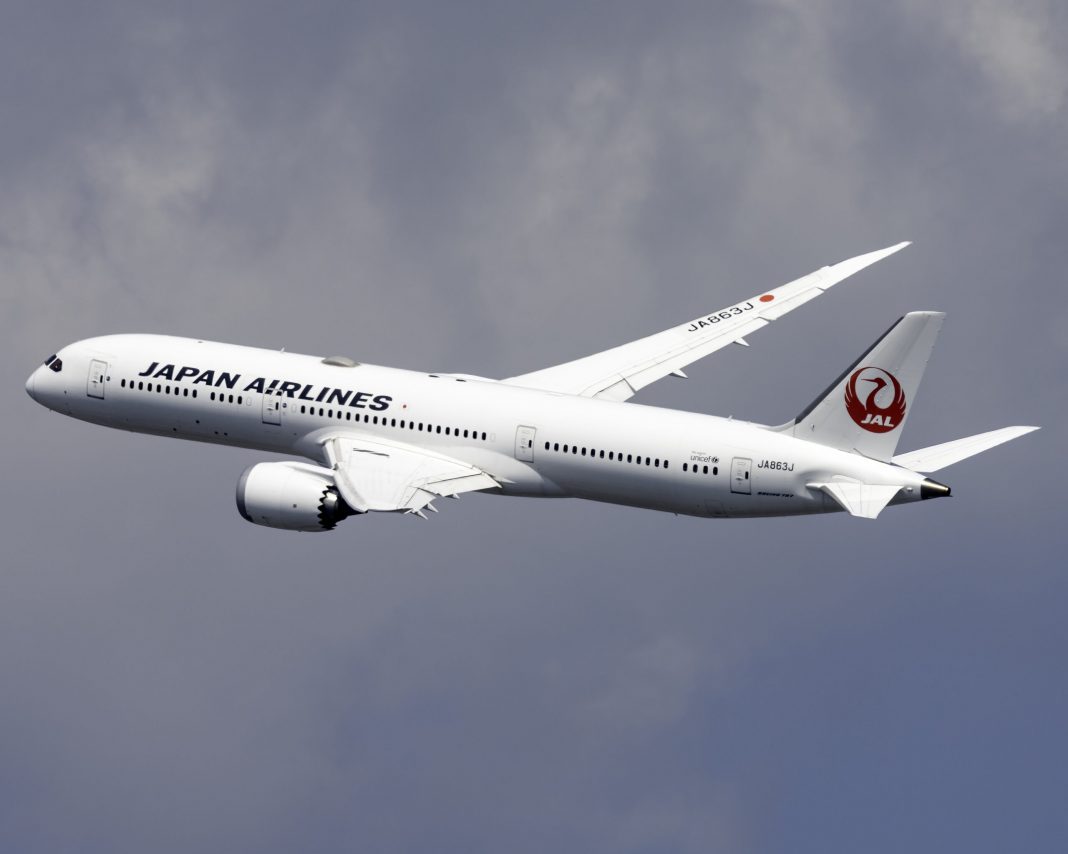With the new and more infectious strain of coronavirus detected in Japan, the country is moving to further restrict the entry of foreigners in an effort to maintain control of the situation. The government is also imposing tougher entry procedures for Japanese nationals and residents, who are now no longer be exempt from a 14-day quarantine. Let’s take a look at the new entry policy imposed by the Japanese government effective December 26th.

The new entry policy of Japan
Japan’s Ministry of Foreign Affairs issued the following statement on December 26th:
“For the time being, foreign nationals who have stayed in any of the following 152 countries/regions within 14 days prior to the application for landing are denied to enter Japan in pursuant to the Article 5, paragraph (1), item (xiv) of Immigration Control and Refugee Recognition Act, unless special exceptional circumstances are found.”
The list of 152 countries can be found on the Ministry’s webpage.
For those who can enter the country, there will be new quarantine measures in place, effective today. Here are some of the key points:
- Japanese nationals arriving from the UK and South Africa must self-quarantine for three days at a designated location. A COVID-19 test is required on the third day.
- Permitted arrivals from the UK and South Africa (such as Japanese nationals and residents) are required to submit location information and install a COVID-19 contact tracing app.
- From December 30th, 2020, until the end of January 2021, all foreign nationals and Japanese citizens, who enter or return to Japan from countries where the new variant of Coronavirus has been detected, will be asked to submit a negative COVID-19 testing result conducted within 72 hours to an immigration officer.

New strain from the UK detected in Japan
These tough new entry measures directly respond to the emergence of a mutated strain of COVID-19 that is even more infectious. First detected in the UK, The Japan Times reports that the country has reported its first cases of this mutated strain in five people who entered the nation from the UK.
The five who tested positive for this new strain returned to Japan in December. Two cases came from arrivals at Tokyo’s Haneda airport, with the other three at Kansai International Airport in Osaka.

Travel restrictions worldwide
Other countries have also been imposing increased travel restrictions in response to the new strains emerging around the world. On December 21st, Canada issued an initial 72-hour travel ban for passengers arriving from the UK. However, this was further extended for two weeks, until January 6th.
Effective Monday, the United States will require all air travelers arriving from the United Kingdom to provide proof of a negative COVID test no more than 72 hours before departing the UK for the US. Meanwhile, in India, the government has decided to ban all flights from the UK until at least December 31st.
All of this comes at a time when effective vaccines are attaining approval from governments worldwide – a promising method of allowing a return to some sense of normalcy in the months ahead.
Do these new restrictions by Japan’s government affect your travel plans? Let us know in the comments.
[ad_2]
Source link


